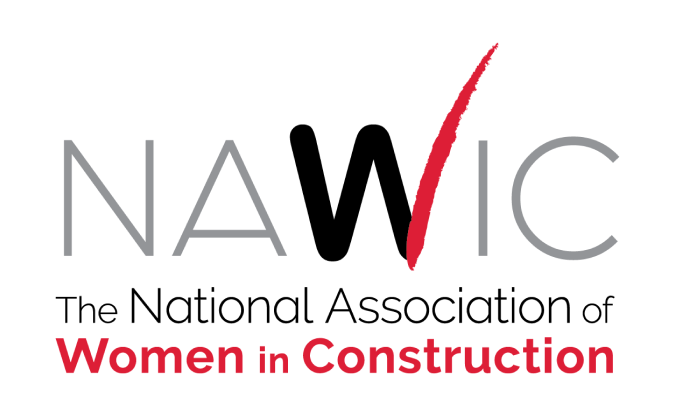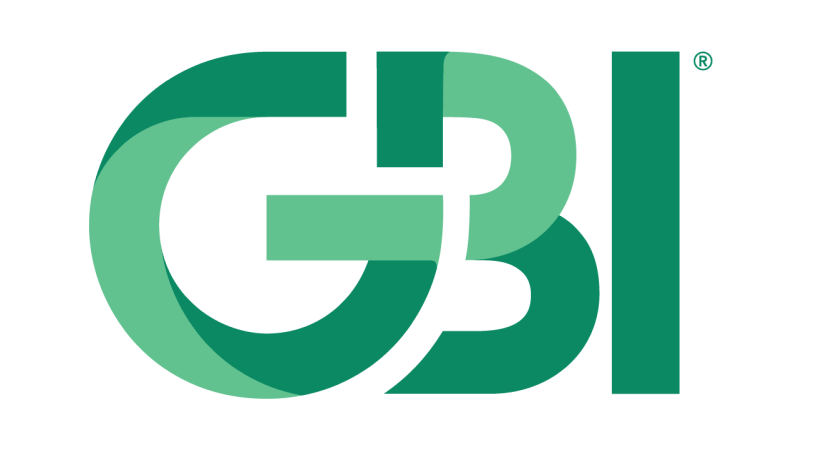The construction industry has always faced supply chain challenges, but in recent years, global events have intensified these disruptions, highlighting the need for greater resilience. To adapt, construction companies must go beyond traditional project management and adopt forward-thinking strategies that ensure successful project delivery—regardless of external pressures.
Laying the Groundwork for Success
Proactive planning is essential to mitigating supply chain risks. Identifying potential issues early on allows companies to respond effectively and avoid costly delays.
Clear and consistent communication with clients and trade partners is also critical. By setting realistic expectations around budgets and timelines from the beginning, teams can reduce the impact of unforeseen disruptions. When everyone is on the same page, the path to success becomes much smoother, even when delays arise.
Forward-looking risk assessment also includes evaluating potential supply chain risks such as:
- Material sourcing challenges – Identifying potential shortages and securing backup suppliers
- Labor availability – Addressing workforce fluctuations and ensuring skilled labor access
- Local regulations – Navigating permitting requirements and compliance issues
- Logistics and transportation – Mitigating delays caused by global and regional disruptions
By creating well-structured contingency plans around these risks, companies can adjust project timelines, explore alternative suppliers, and optimize procurement strategies to stay on track.
Building Flexibility
When disruptions occur, flexibility is key. Contractors should be ready to offer alternative materials and solutions that align with project goals, budgets, and schedules.
Alternative solutions may include:
- Sustainable materials that meet project and environmental goals
- Locally sourced options to reduce shipping costs and lead times
- Prefabricated components for faster assembly and efficiency
- Strategic procurement plans to lock in pricing and availability
AI and automation tools can help contractors identify these alternatives in real time, ensuring projects continue without major delays. Contractors should offer clients cost- or time-based trade-offs to help them make informed decisions.
Staying Agile in Uncertainty
Even with the best planning, disruptions can still occur, which is why flexibility and contingency plans are vital for project resilience. Adaptability in project phasing and scheduling allows construction companies to respond quickly when unexpected delays or increased costs arise.
Staying agile means being ready to shift gears when needed. Adjusting workflows and project phases can help keep construction moving forward. For instance, teams might advance less material-dependent tasks while waiting on delayed components. This phased flexibility minimizes downtime and maximizes productivity.
Leveraging Technology
Supply chain disruptions often reveal inefficiencies in traditional systems. Fortunately, technology is helping construction companies adapt and evolve.
Digital tools, AI, and automation are revolutionizing how supply chains are managed, offering better visibility, faster responses, and data-driven insights.
Technology solutions that improve supply chain resilience include:
- AI and automation – Predict disruptions and recommend alternative materials
- Digital project management tools – Enhance visibility into timelines, suppliers, and risks
- Cloud-based collaboration platforms – Improve communication between contractors, suppliers, and clients
- Predictive analytics – Identify potential bottlenecks before they impact schedules
These tools not only help navigate challenges but also build stronger, more efficient systems for the future.
Building Resilience for the Future
Supply chain disruptions will continue to challenge the construction industry, but with proactive planning, flexibility, and a strong reliance on technology, companies can maintain resilience. By adopting these strategies, construction projects can stay on track even in the face of unforeseen obstacles.
At Schweiger Construction, we recognize that overcoming supply chain disruptions requires a proactive mindset, transparent communication, and embracing the latest technology to optimize processes and reduce risk. We’re committed to evolving our approach so our clients always receive the highest level of service, regardless of the challenge.





